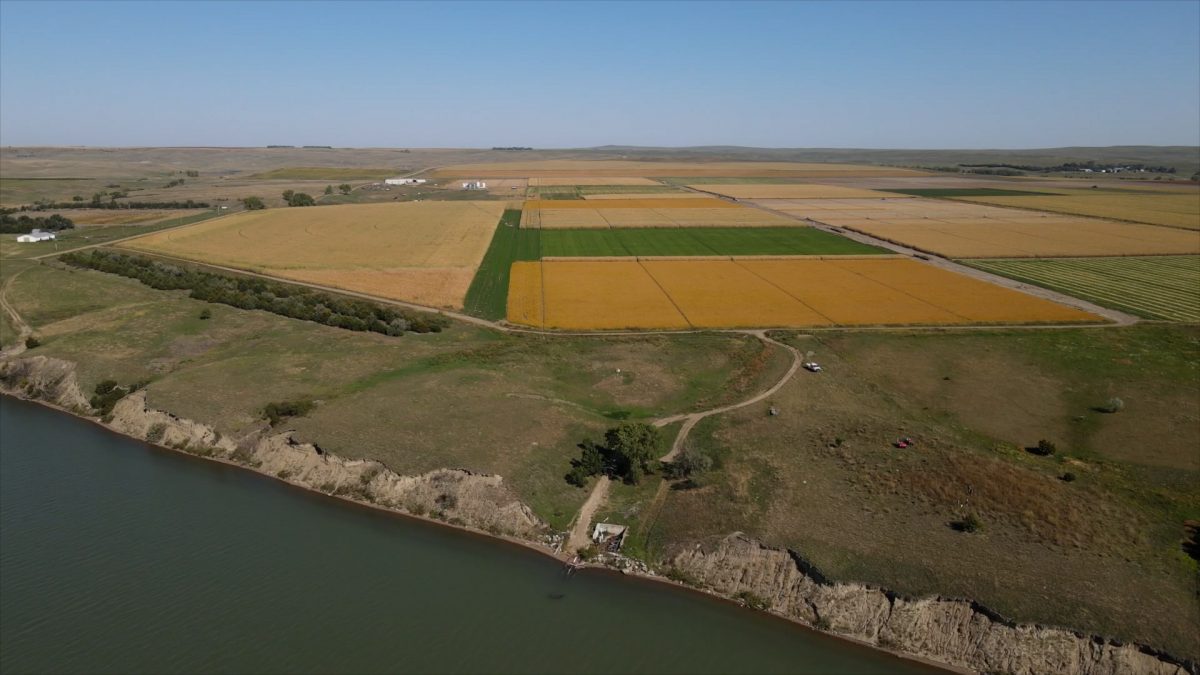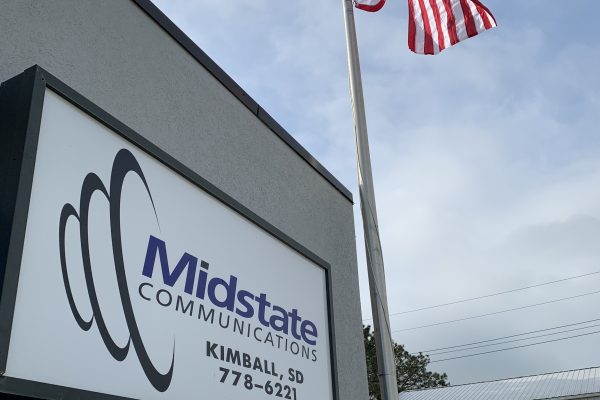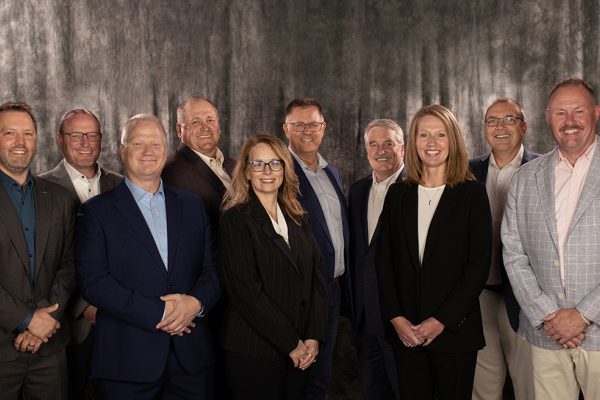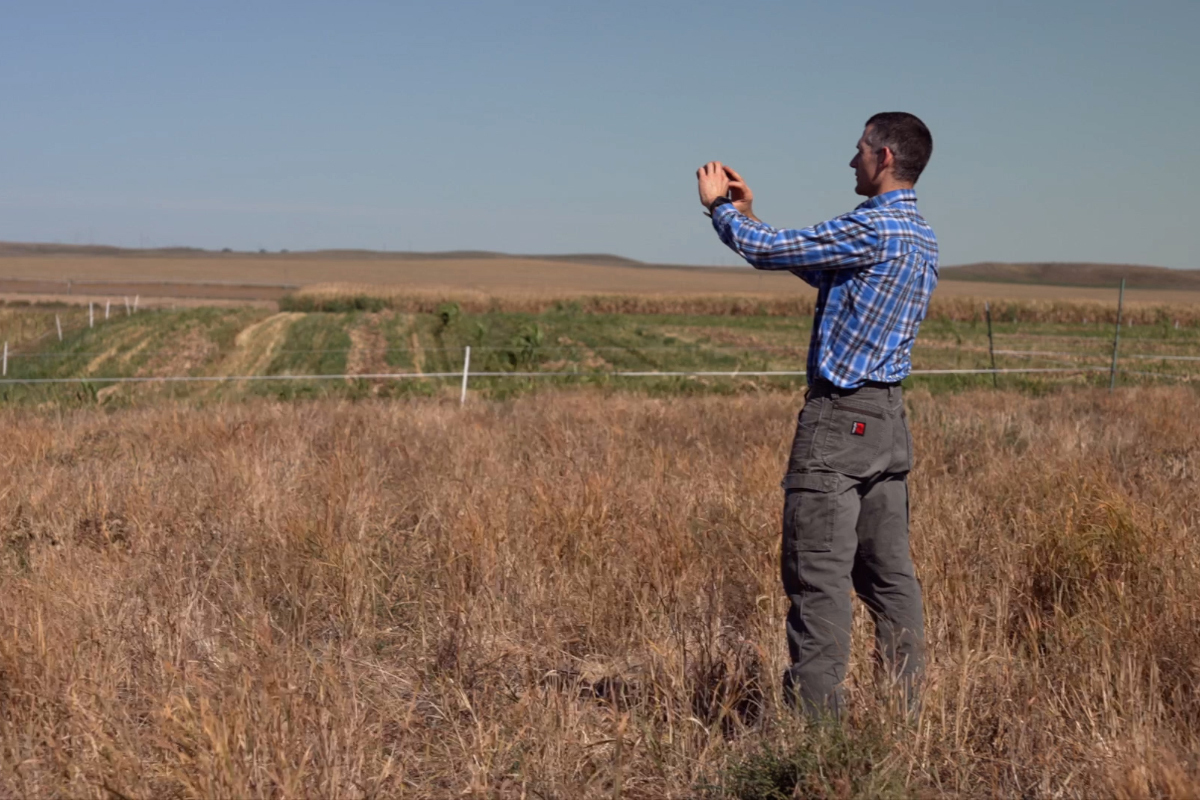
Remember when driving across South Dakota meant playing a game of “Find the Cell Signal?” Or when visiting your Aunt Sally’s farm meant going a weekend without the internet?
Nowadays you might occasionally lose your signal on a cross-state trip, and Aunt Sally’s internet may not be premium; but overall South Dakota has made huge strides in broadband fiber services. In fact, 100% of South Dakota homes, businesses and farms served by rural telecommunication companies have access to broadband and 93% of those locations are connected by high-speed fiber, says Kara Semmler, executive director of the South Dakota Telecommunications Association. The Association represents cooperatives, small commercial, municipal and tribal telecommunications companies.
“It’s important to tell the story about how much work our rural South Dakota companies have done. They have put tremendous investment into our state infrastructure already,” she says. “They’ve been investing for a long time.”

Kara Semmler
Executive Director
South Dakota Telecommunications Association
Between 2013 and 2017, South Dakota’s rural telecommunications companies invested nearly $392 million in fiber. And in 2019, the South Dakota Legislature allocated $5 million to kick off the ConnectSD Broadband program, designed to make high-speed internet available to the entire state. Using both state dollars and CARES Act funding, another $11.6 million was added to ConnectSD in 2020 and $100 million in 2021. The state’s rural providers and other private companies have matched these funding grants to continue the work of connecting the state with fiber.
While 93% is admirable, rural providers are not stopping there. The goal: 100% fiber broadband service within all rural service areas and 100% broadband connectivity throughout the state. Semmler believes the goal of widespread fiber installation will future-proof the state.
“We believe in fiber,” says Semmler. “Fiber can keep up with the evolving needs of the people and the economy. The other types of technology and their performances are impacted by the number of users at any given time, weather and tree cover. But you know exactly what you’re going to get from fiber 100% of the time.
"It’s easy to get distracted by new technology but in this area, fiber remains the only technology that’s going to achieve the state’s goal.”
While larger national companies can and do provide broadband connectivity, Semmler says it’s important to recognize that those companies are splintered in their focus. This is evident in the connectivity issues that areas of the state – served by larger national companies – have faced.
“There are people in Highmore who have better connectivity than some people in Sioux Falls because of the investment our rural companies made,” she says.
Rural companies, on the other hand, are laser-focused on the state of South Dakota, striving to provide the best broadband in a way that best fits the state’s needs.
“Our rural providers have edged out some of the larger, national companies,” Semmler says.
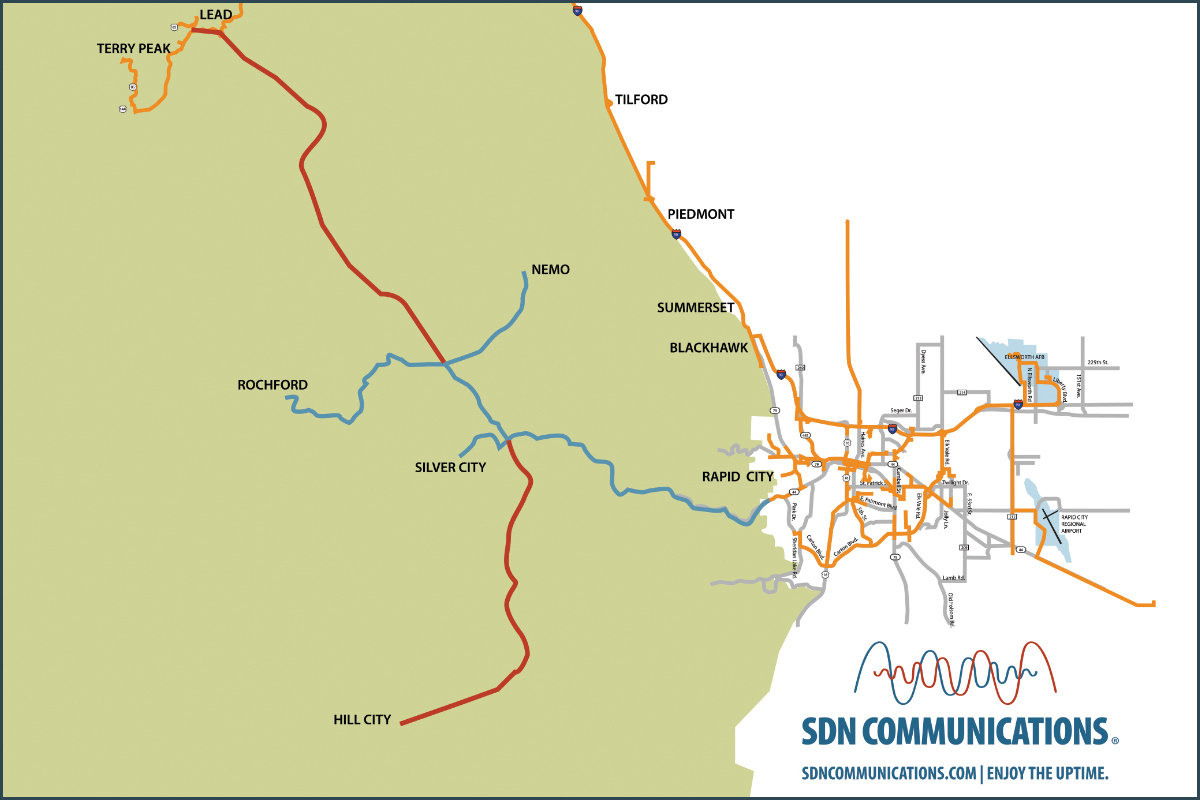
In the continued effort to reach the 100% fiber connectivity mark, SDN Communications will begin digging fiber this spring for two ReConnect fiber projects in the Black Hills. The projects will make high-speed broadband and cell service available to five Black Hills communities - Silver City, Nemo, Rochford, Hill City and Lead/Deadwood - as well as the surrounding areas.
It’s one step closer to 100% connectivity for the state and the rural telecommunication companies that have invested so much.
“I think the investment that our rural companies are making is a story that’s gone untold,” Semmler says. “Without these rural companies and their continued push and investment in fiber, I don’t believe we’d be where we are today.”
SDN Communications produced a series of stories showing the impact investments in fiber connectivity have had and will have across the state. The videos below feature Dakota Lakes Research Farm in rural Hughes County and how it's benefitting from fiber connectivity.
